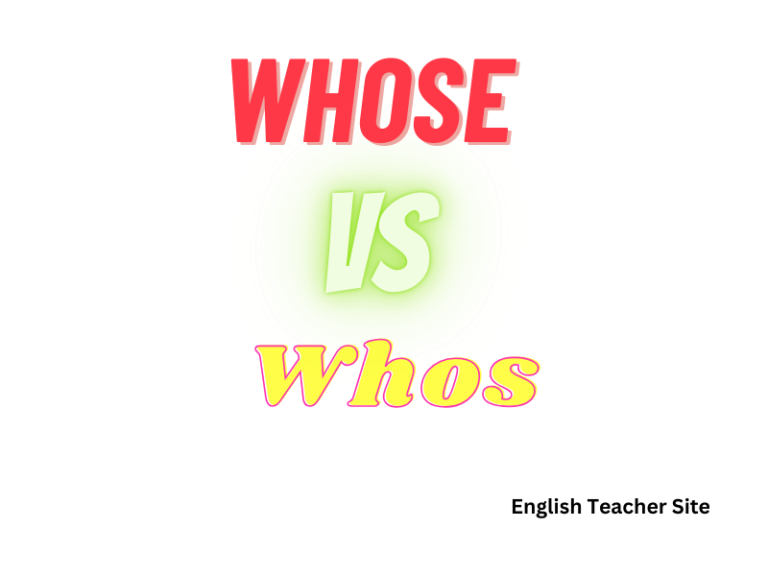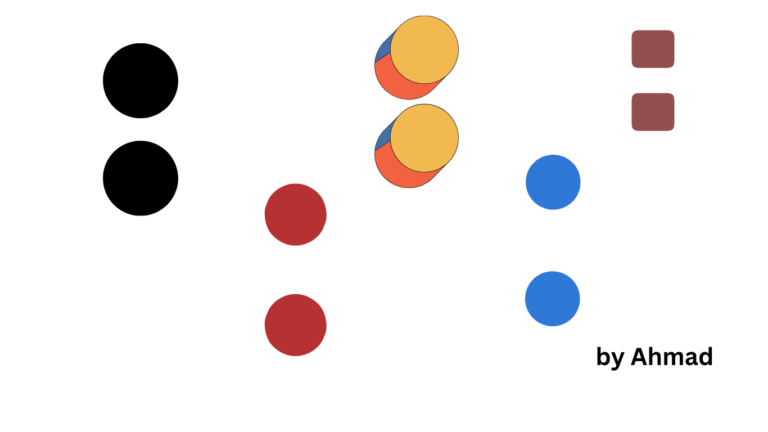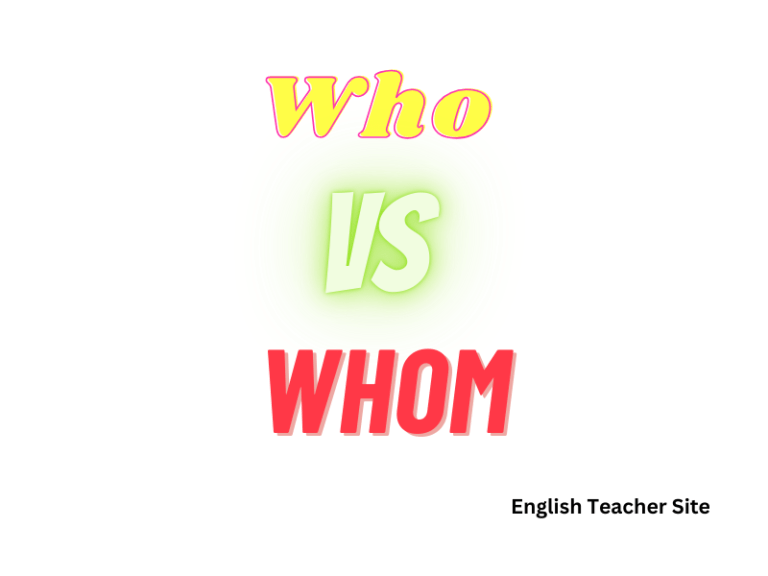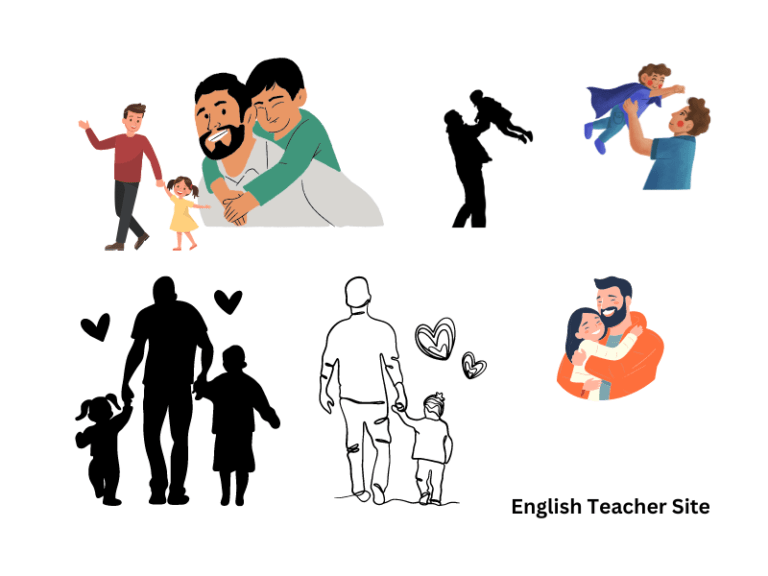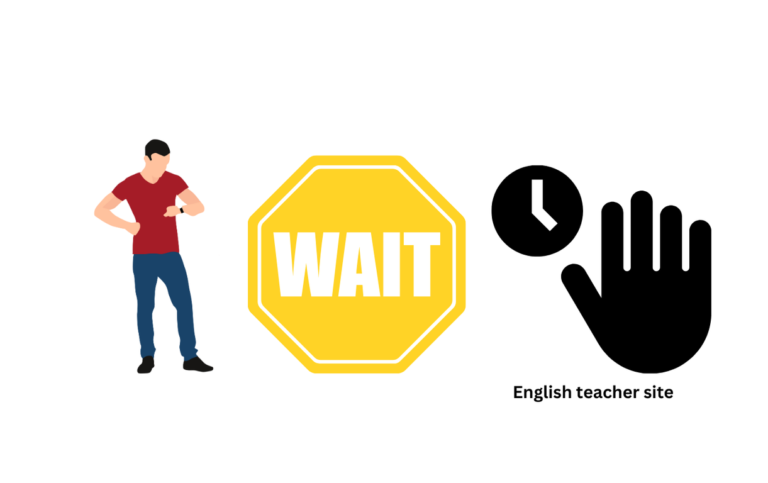Verbal Irony Meaning Examples: Understanding the Nuances of Sarcastic Language
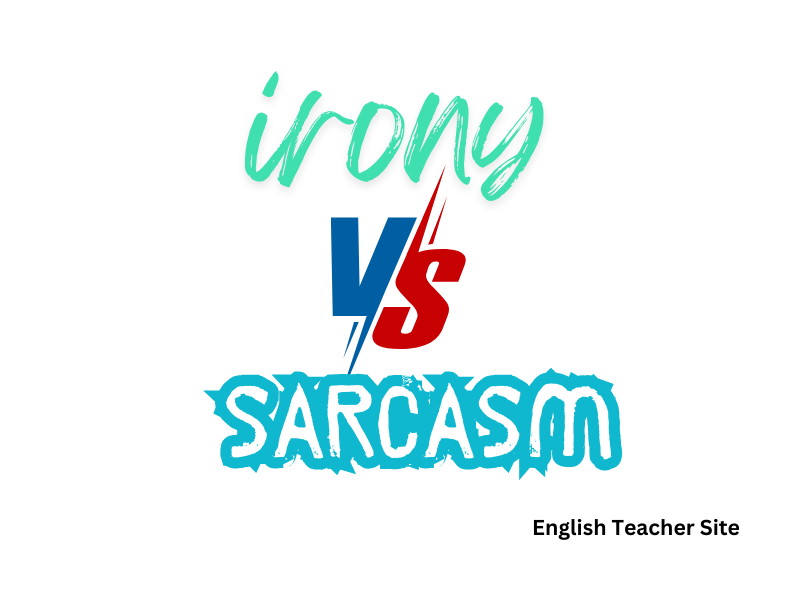
- Verbal irony is the expression of something contrary to the true meaning, often for humorous or emphatic effect.
- It is context-dependent and can be used to convey sarcasm, criticism, or amusement.
- Literature and media frequently employ verbal irony to enhance character development and plot dynamics.
Throughout literature and media, verbal irony serves a variety of functions, from highlighting a character’s wit to foreshadowing future events or creating tension. A classic example can be found in Shakespeare’s “Romeo and Juliet” when Juliet tells her mother that she would rather marry Romeo, whom she ‘hates’, than Paris—while, in truth, she is already in love with Romeo. This type of irony adds depth to the characters and can alter a reader or viewer’s perception of the narrative.
Exploring Verbal Irony
Verbal irony is a figure of speech where what is said is often the opposite of what is meant. It is a nuanced form of expression that writers and speakers use to convey complexity or subtlety.
Identifying Types of Verbal Irony
There are several types of verbal irony, each serving a unique purpose in communication and literature.
- Socratic irony: The speaker pretends to be ignorant to expose the ignorance or inconsistency of someone else.
- Understatement: Something is intentionally represented as less than it is, often for comedic or emphatic effect.
- Overstatement: The speaker exaggerates a situation, making something appear more significant than it is.
The following table outlines key examples and their purposes:
| Type of Verbal Irony | Example | Purpose |
|---|---|---|
| Socratic irony | “I know nothing except the fact of my ignorance.” | To probe or challenge another’s point. |
| Understatement | “It’s just a scratch.” (referring to a large dent) | To humorously minimize an issue. |
| Overstatement | “I could sleep for a century.” | To emphasize the extent of one’s tiredness. |
Irony vs. Sarcasm
While both irony and sarcasm involve saying the opposite of what one means, they have distinct differences.
- Irony: Often used to subtly suggest the opposite meaning.
- Sarcasm: Typically involves a bitter, caustic, or mocking tone aimed at ridiculing something or someone.
To compare the two concepts, consider the intentions and outcomes as illustrated in the table below:
| Aspect | Verbal Irony | Sarcasm |
|---|---|---|
| Tone | Neutral or implicit | Harsh or explicitly mocking |
| Intent | To enhance meaning or induce reflection | Often to convey contempt or scorn |
| Outcome | Can be humorous or thought-provoking | Typically provokes offense or discomfort |
By recognizing the differences in intent and tone, readers and listeners can better interpret the nuances of verbal irony and sarcasm.
Examples of Verbal Irony
Verbal irony occurs when a speaker says something in contrast to what they actually mean. The tone of voice often indicates the opposite of the literal words spoken. Here are specific examples of verbal irony from daily situations and literature.
Spilling Coffee on Your Shirt
Imagine the frustration of spilling coffee on a new shirt. A person, trying to remain poised, might say with a tight smile:
- “Just the look I was aiming for today.”
| Situation | Verbal Irony |
|---|---|
| Initial reaction | Oh no, not again! |
| Ironic statement | Perfect start to my day! |
Being Stuck in an Elevator
When stuck in an elevator, one’s irritation may be apparent, and to add a touch of humor, they might remark:
- “Elevators, the scenic route to your floor.”
| Situation | Ironic Comment |
|---|---|
| Stillness | We’re traveling at the speed of light. |
| Prolonged wait | Great, I needed some ‘me’ time. |
“I Could Really Use a Spoon Right Now!”
Picture a person with an abundance of spoons but lacking a fork for their meal; their sarcastic comment might be:
- “Spoon collection is coming along nicely.”
| Utensils Available | Verbal Irony |
|---|---|
| Spoons aplenty | Just what I needed, another spoon! |
| No fork in sight | Exactly what’s missing at a dinner table! |
When Your Boss Asks You to Stay at Work Late
The end of a long workday is nigh, but the supervisor requests overtime. The weary employee responds with a forced grin:
- “Lovely, I hoped this day would be endless.”
| Demand | Ironically Expressed Desire |
|---|---|
| Overtime | My wish for a longer workday came true. |
| Extra tasks | Nothing I love more than surprise projects. |
Helping Someone with Their Groceries
While helping a neighbor with an excessive number of grocery bags, a helper might utter under their breath:
- “I’ve always dreamed of weightlifting with canned goods.”
| Situation | Highlighted Irony |
|---|---|
| Physical strain | This is much better than the gym. |
| Numerous bags | Really perfecting my juggling act. |
Verbal Irony in Literature and Media Examples
Verbal irony is a literary device where the intended meaning of words is opposite of their literal meaning. In literature, this technique adds depth to characters and creates moments of humor or sarcasm. Below are a few examples of verbal irony in various works to illustrate its use and effect.
In Classic Literature
| Work | Instance of Verbal Irony |
|---|---|
| Shakespeare’s Romeo and Juliet | When Juliet declares, “I will not marry yet; and, when I do, I swear it shall be Romeo, whom you know I hate…” |
| Aesop’s Fables, “The Fox and the Grapes” | A fox, after failing to reach grapes, states they are likely sour, despite his earlier desire for them. |
These instances show characters saying the opposite of what they truly feel, often with a sharp or humorous effect.
In Modern Media
- “Frozen”: Characters often use verbal irony, humorously stating they are not cold in the freezing environment.
- “Dr. Strangelove”: The film’s use of verbal irony adds to its satirical treatment of the Cold War, with statements contradicting the dire situation.
Examples in music:
- Alanis Morissette’s “Ironic”: The song’s lyrics list situations meant to be ironic, though many argue they depict unfortunate events rather than true irony.
My name is Khamis Maiouf. I am the creator of the English Teacher Site, dedicated to providing valuable resources and insights for students around the world. With a passion for education and a commitment to helping students enhance their skills, I aim to make English teaching more effective and enjoyable for both educators and students.

